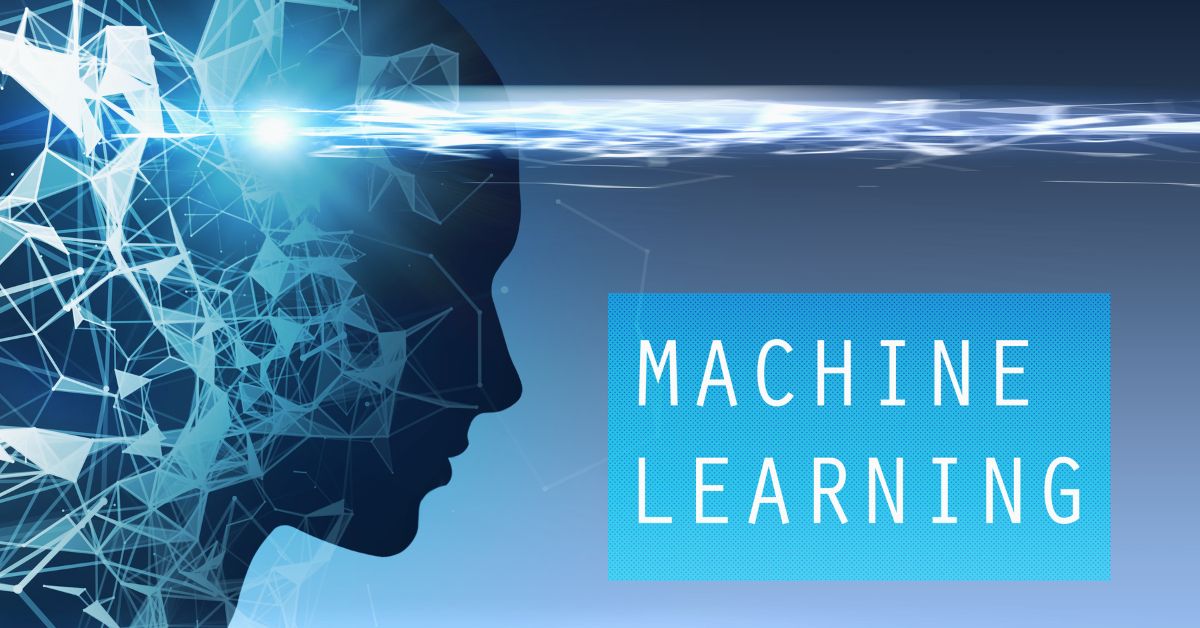Machine learning (ML) has emerged as a transformative force across various sectors, including healthcare, finance, and transportation. In recent years, its impact on education, particularly in higher education, has become increasingly significant. In India, a country with a diverse and rapidly evolving educational landscape, machine learning is playing a crucial role in reshaping how institutions deliver education, engage students, and enhance administrative processes. This article explores how machine learning is influencing higher education in India, with a specific focus on its applications and benefits.
The Evolution of Higher Education in India
India’s higher education system is one of the largest in the world, encompassing numerous universities, colleges, and specialized institutions. Over the decades, the sector has witnessed substantial growth, driven by increasing demand for higher education and a growing emphasis on research and innovation. Institutions like the Indian Institutes of Technology (IITs) and the Indian Institutes of Management (IIMs) have garnered international acclaim for their quality of education and research contributions.
However, challenges such as outdated curricula, limited access to resources, and inefficiencies in administrative processes have impeded progress. Machine learning, with its potential to drive data-driven decision-making and automation, is now emerging as a powerful tool to address these challenges and enhance the overall quality of higher education.
Personalized Learning and Adaptive Systems
One of the most significant ways machine learning is transforming higher education is through personalized learning. Traditional educational approaches often follow a one-size-fits-all model, which may not cater to the diverse needs and learning styles of individual students. Machine learning algorithms can analyze vast amounts of data from student interactions, performance metrics, and learning preferences to tailor educational content to each student’s needs.
Adaptive learning platforms powered by machine learning can adjust the difficulty of course materials in real time based on a student’s progress. For instance, if a student excels in certain topics, the system can present more advanced material, while providing additional support in areas where the student struggles. This personalized approach helps in maximizing learning outcomes and ensuring that students receive the support they need to succeed.
Enhancing Student Engagement and Retention
Engagement and retention are critical factors in higher education. Machine learning tools are being used to analyze student behavior and predict potential issues related to engagement and dropout rates. By analyzing data such as attendance patterns, participation in class activities, and academic performance, machine learning algorithms can identify students who may be at risk of falling behind or dropping out.
Educational institutions can use these insights to implement timely interventions, such as personalized mentoring, additional resources, or targeted academic support. For example, if data indicates that a student’s engagement levels are dropping, the institution can proactively reach out to provide assistance or adjust the student’s learning plan to address the underlying issues.
Streamlining Administrative Processes
Administrative efficiency is another area where machine learning is making a significant impact. Institutions often handle large volumes of data related to admissions, course registrations, faculty management, and financial operations. Machine learning can automate and optimize these administrative processes, reducing the workload on staff and minimizing human error.
For example, machine learning algorithms can streamline the admissions process by analyzing application data to predict student success and fit for particular programs. Similarly, predictive analytics can be used to optimize course scheduling, ensuring that classes are offered at times that align with student preferences and minimizing scheduling conflicts. This not only improves operational efficiency but also enhances the overall student experience.
Supporting Research and Innovation
Machine learning is also playing a crucial role in advancing research and innovation within higher education institutions. Researchers can leverage machine learning techniques to analyze complex data sets, identify patterns, and derive insights that were previously difficult or impossible to uncover. This capability is driving new discoveries and innovations across various fields of study.
In India, institutions like the Indian Institute of Science (IISc) and the Indian Institute of Technology (IIT) have been at the forefront of applying machine learning to research. For instance, researchers are using ML algorithms to develop new materials, optimize manufacturing processes, and enhance healthcare diagnostics. By integrating machine learning into their research efforts, these institutions are contributing to both national and global advancements in science and technology.
Case Study: The Best Engineering College in Uttarakhand
To illustrate the impact of machine learning in higher education, let’s examine how institutions in India are adopting these technologies. One notable example is the best engineering college in Uttarakhand, which has embraced machine learning to enhance its academic offerings and research capabilities.
This institution has integrated machine learning into its curriculum, offering specialized courses that equip students with the skills needed to thrive in a data-driven world. Students in BTech engineering programs are exposed to practical applications of machine learning through hands-on projects and internships, preparing them for careers in this rapidly evolving field.
The college has also implemented adaptive learning technologies to personalize the educational experience for its students. By leveraging machine learning algorithms, the institution can provide tailored learning materials and support, helping students achieve their academic goals more effectively.
Moreover, the college has invested in research initiatives that utilize machine learning to address real-world challenges. From developing intelligent systems for agriculture to optimizing energy consumption in smart grids, the research conducted at this institution is contributing to both local and global advancements.
Future Prospects and Challenges
While machine learning presents numerous opportunities for enhancing higher education in India, there are also challenges that need to be addressed. One of the key challenges is ensuring that institutions have the necessary infrastructure and resources to implement machine learning technologies effectively. This includes investing in advanced computing resources, training faculty and staff, and developing robust data management practices.
Additionally, ethical considerations related to data privacy and security must be taken into account. Institutions need to establish clear policies and practices to protect student data and ensure that machine learning applications are used responsibly and transparently.
Looking ahead, the continued integration of machine learning in higher education holds great promise. As technology evolves and becomes more accessible, institutions across India will have the opportunity to leverage machine learning to drive innovation, improve educational outcomes, and address the evolving needs of students and the workforce.
Conclusion
Machine learning is undeniably reshaping the landscape of higher education in India. From personalizing learning experiences and enhancing student engagement to streamlining administrative processes and supporting cutting-edge research, ML technologies are driving significant improvements across various facets of the education system. As institutions continue to embrace these technologies, the potential for machine learning to further transform higher education remains vast and promising.
In the context of institutions such as the best engineering college in Uttarakhand, the integration of machine learning is not only enhancing the educational experience but also contributing to the broader goals of innovation and research. By leveraging machine learning, these institutions are preparing students for a future where data-driven decision-making and technological proficiency will be essential.
As India’s higher education system continues to evolve, the role of machine learning will undoubtedly become even more central to shaping the future of education, driving progress, and preparing the next generation of leaders and innovators.




